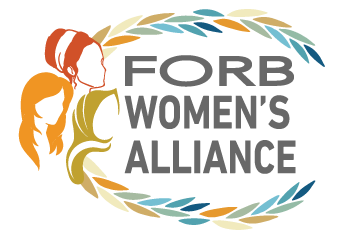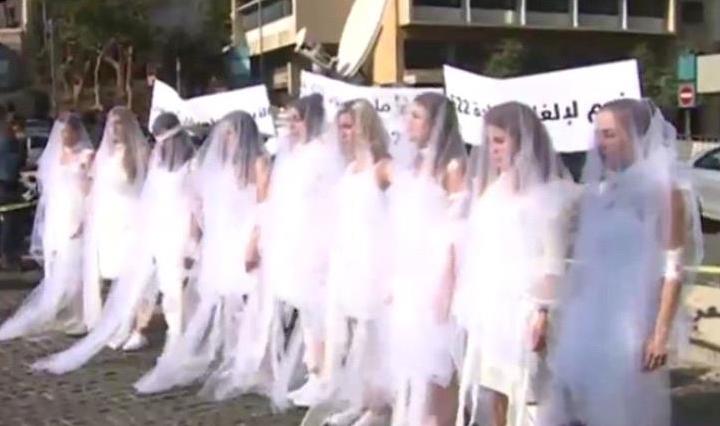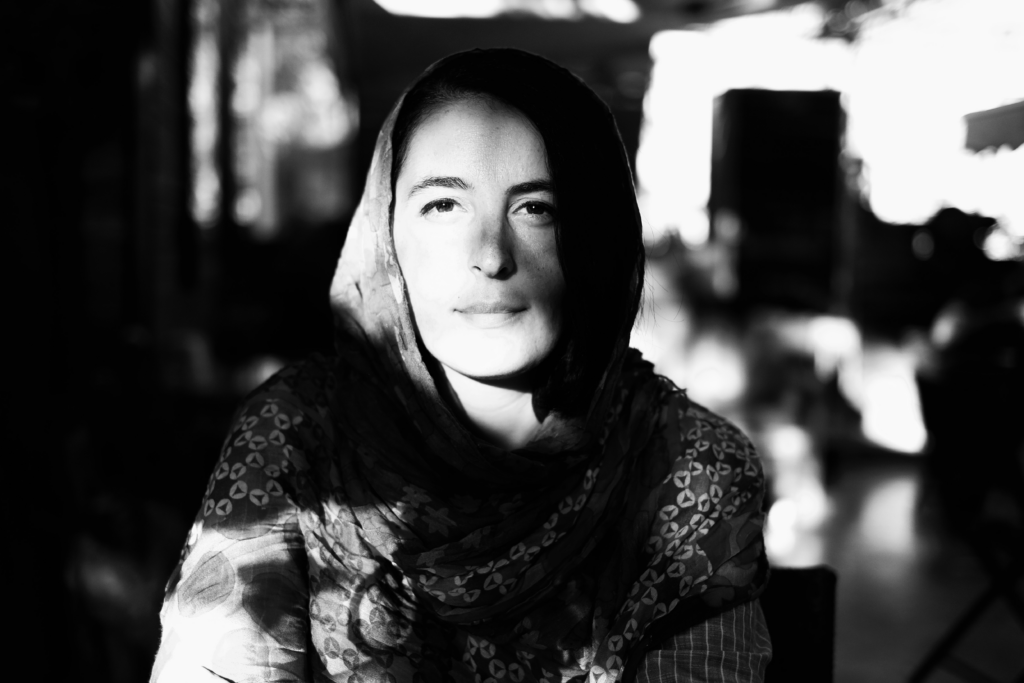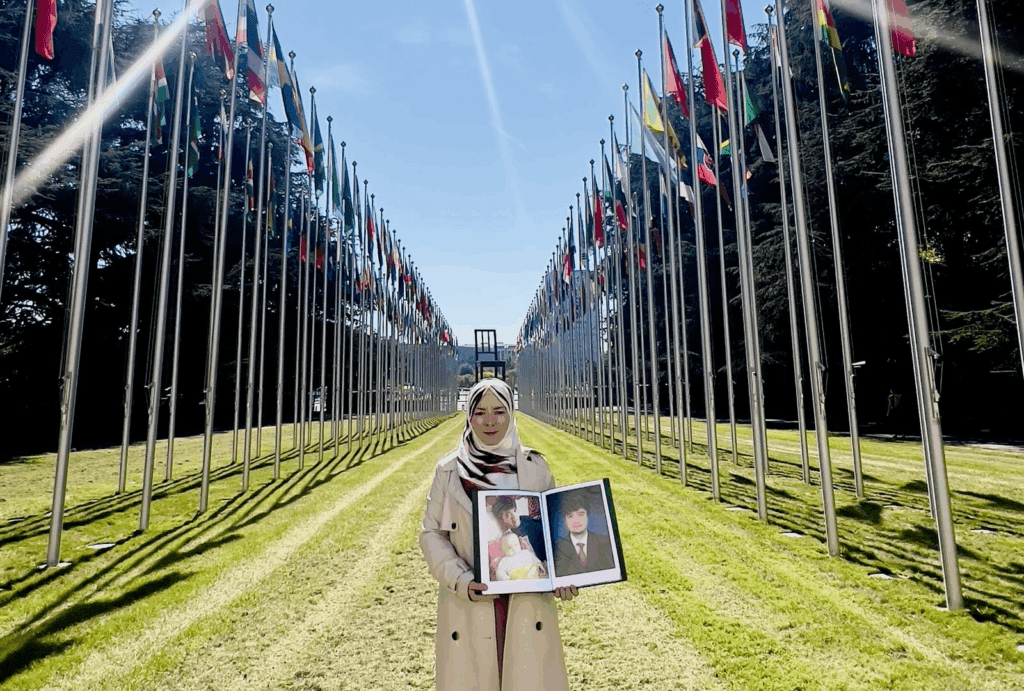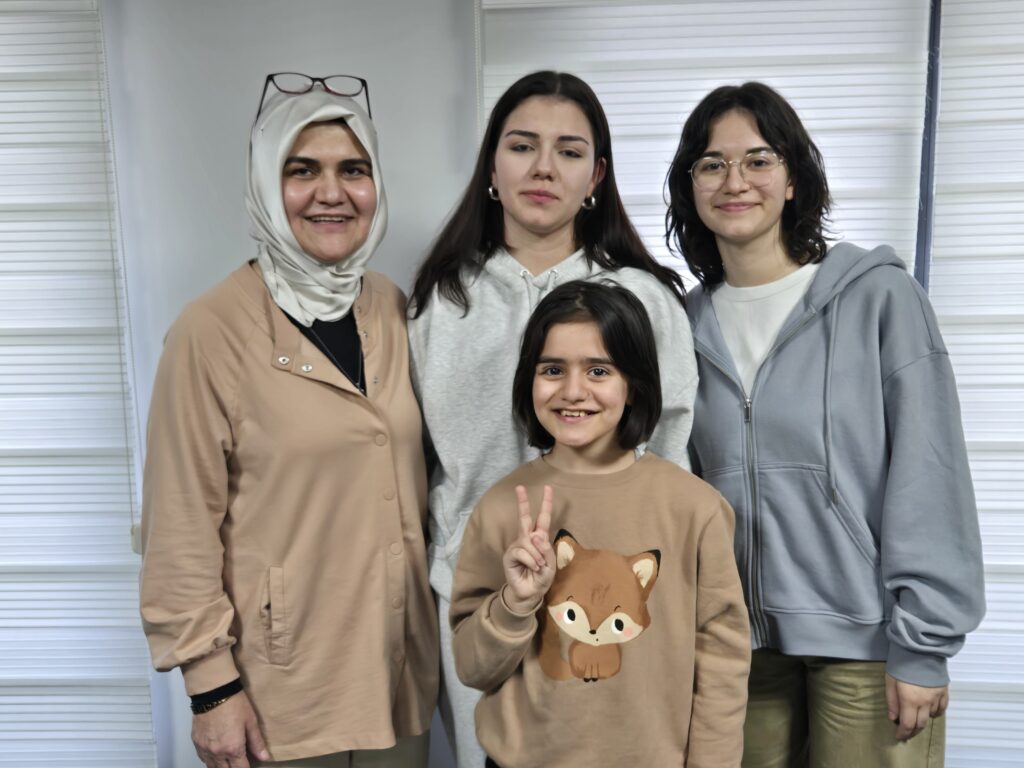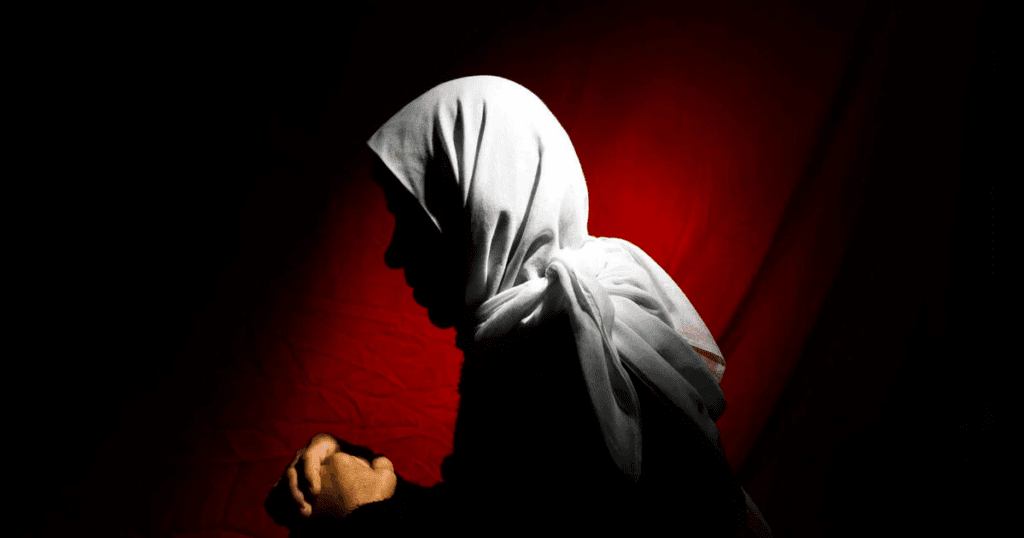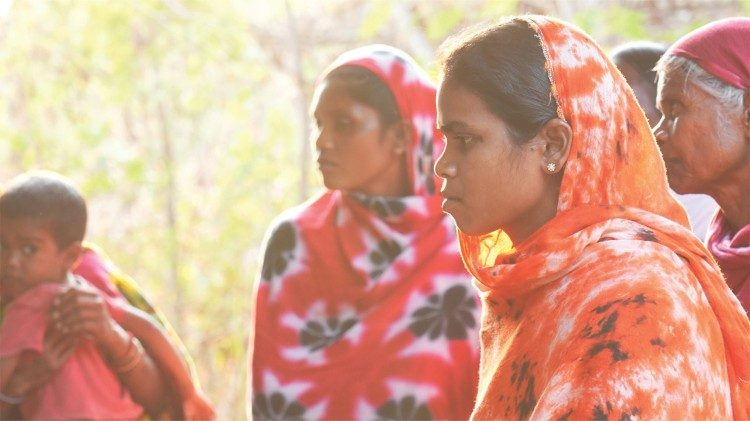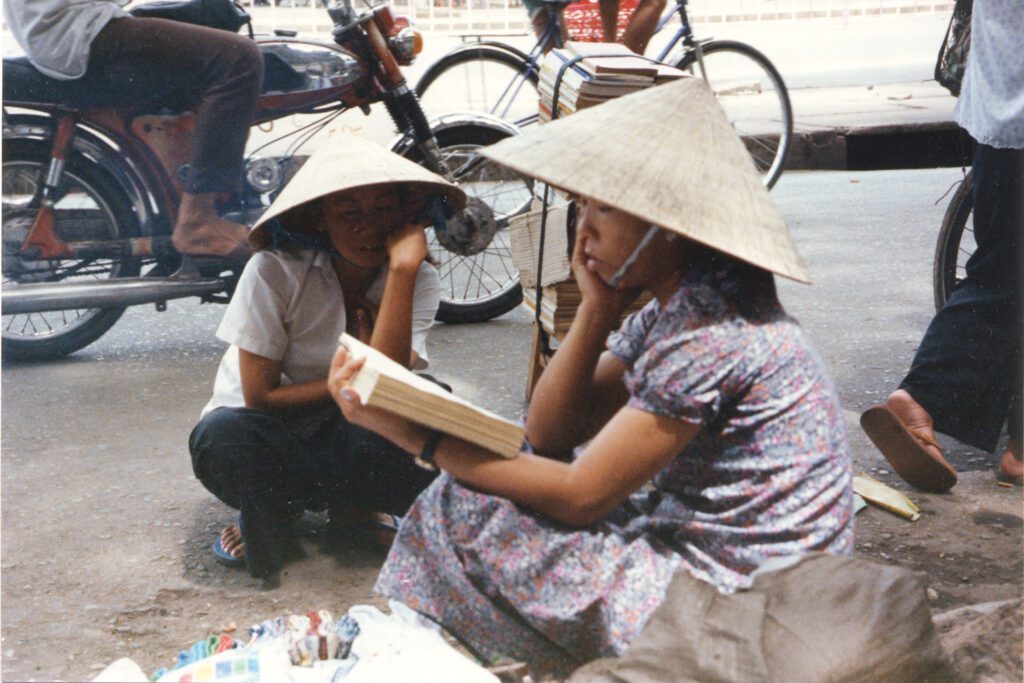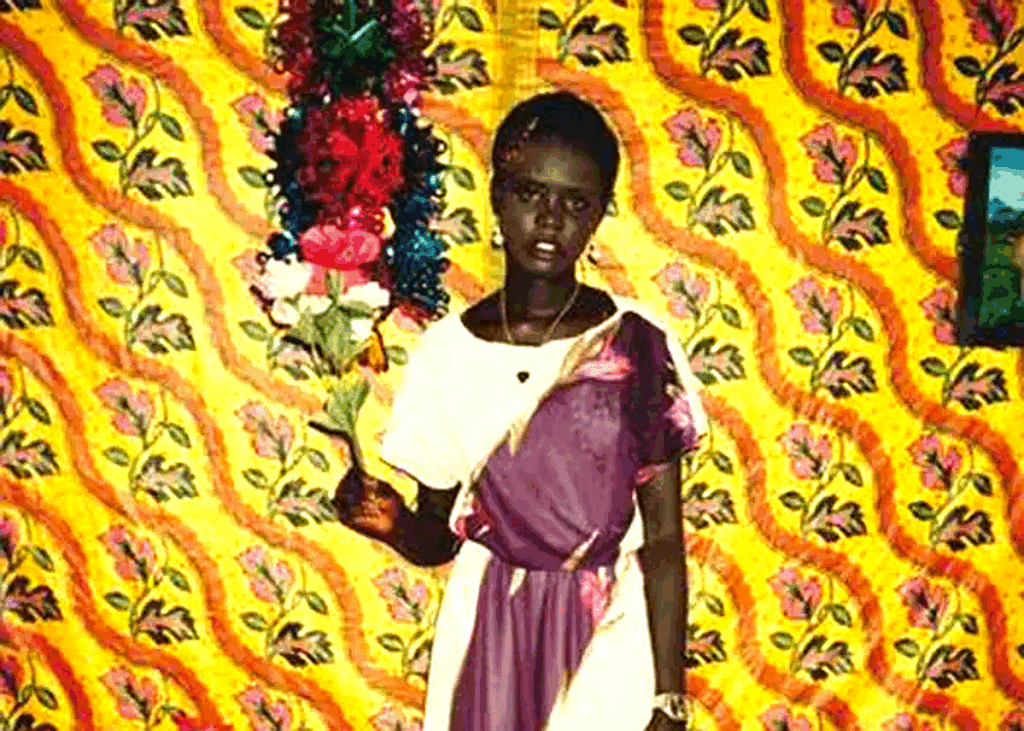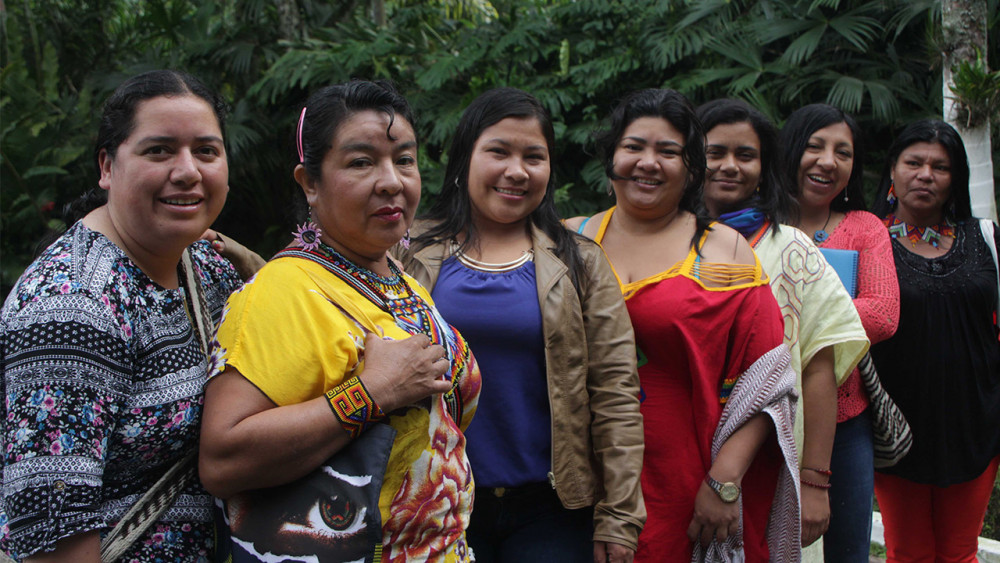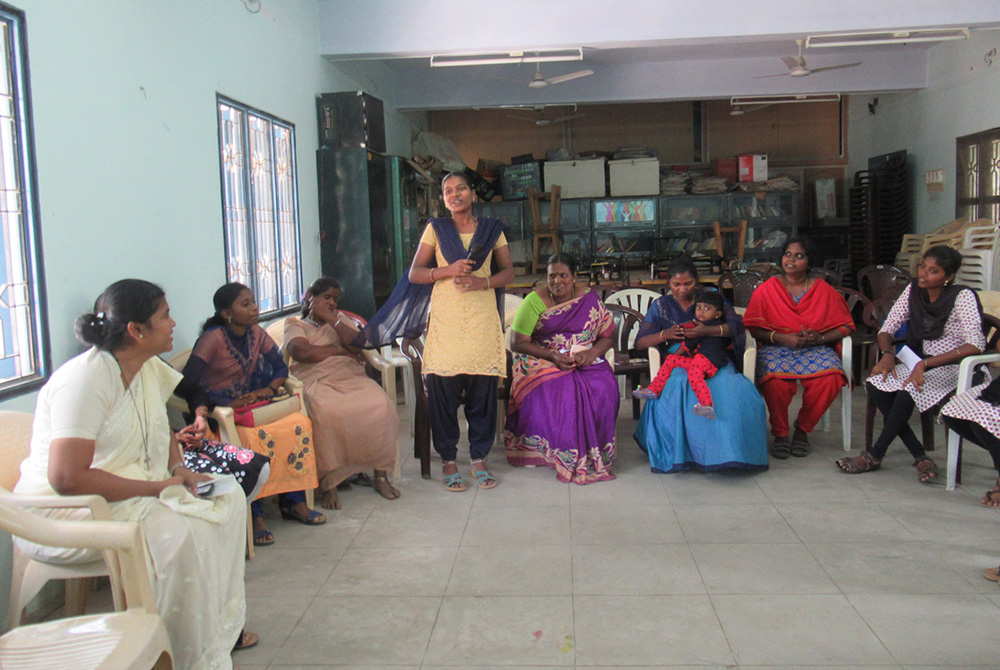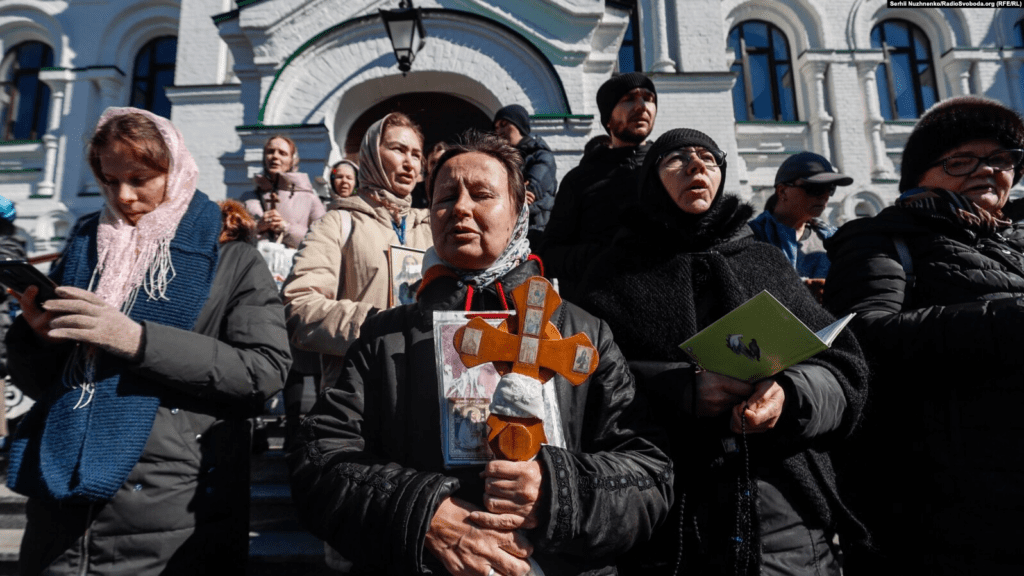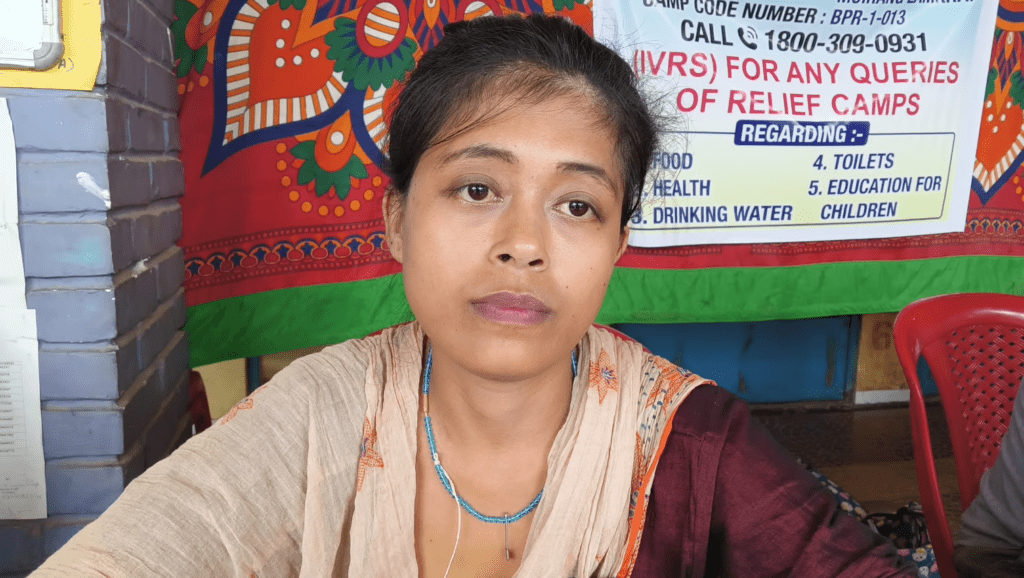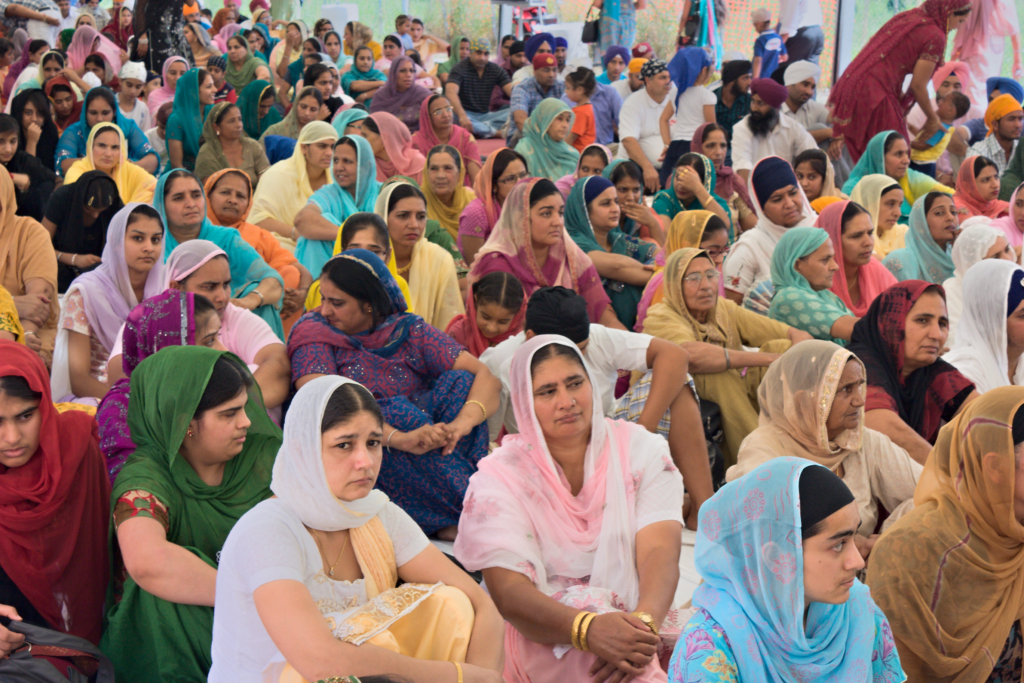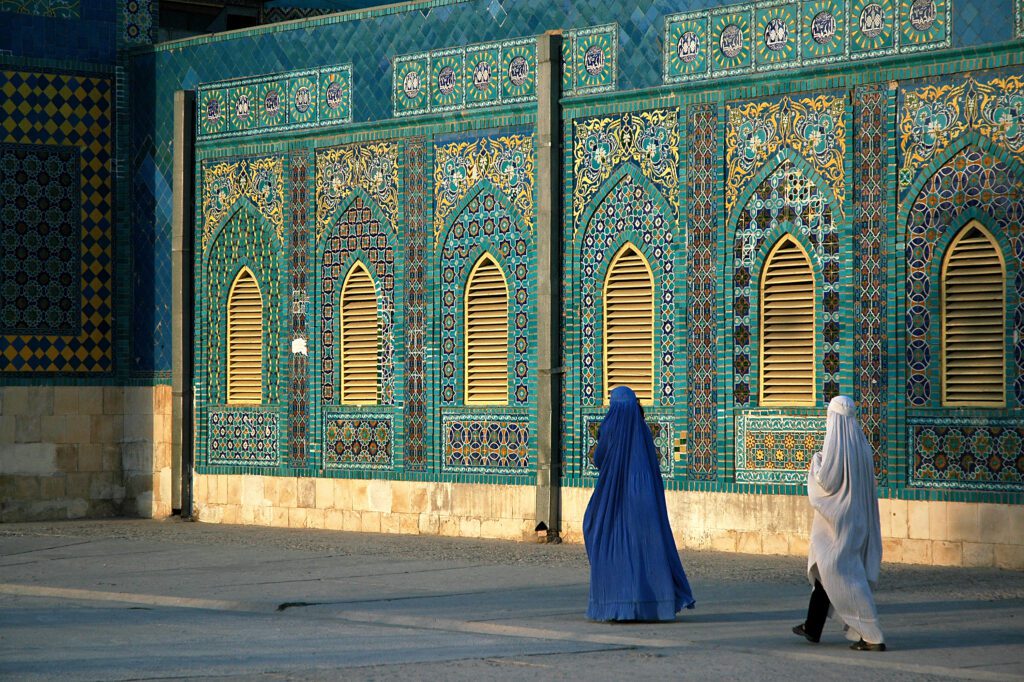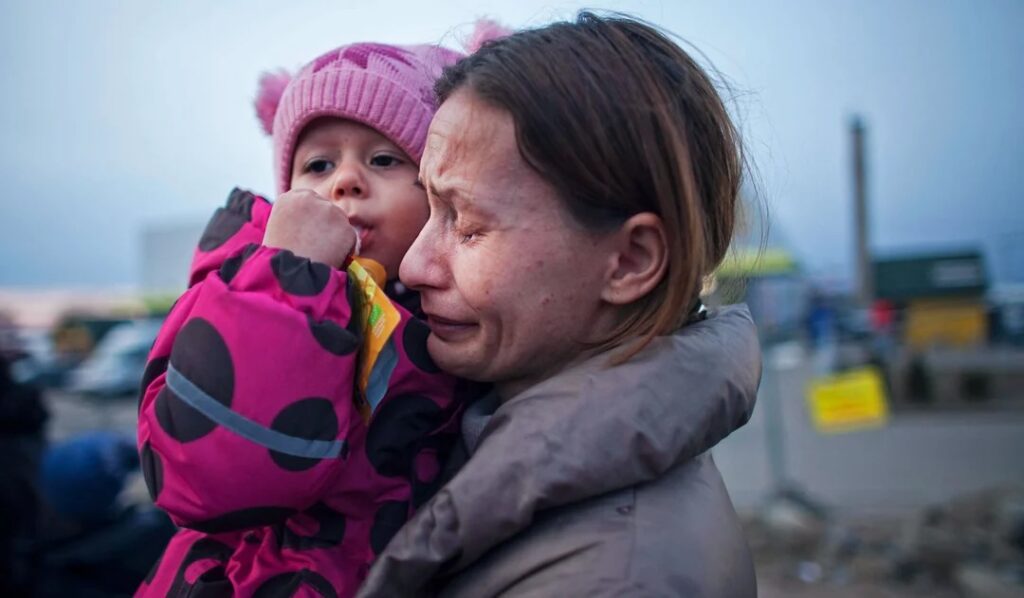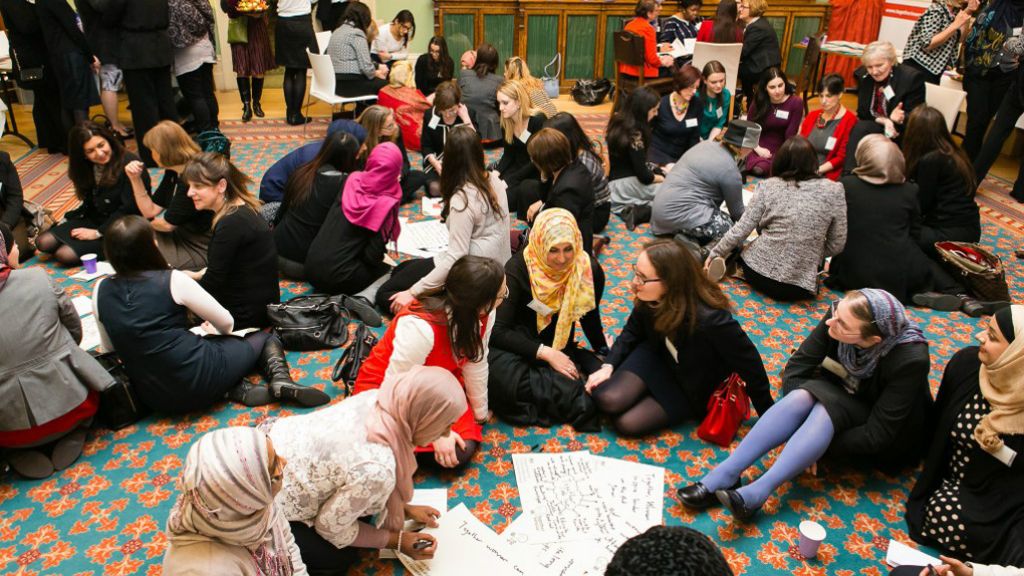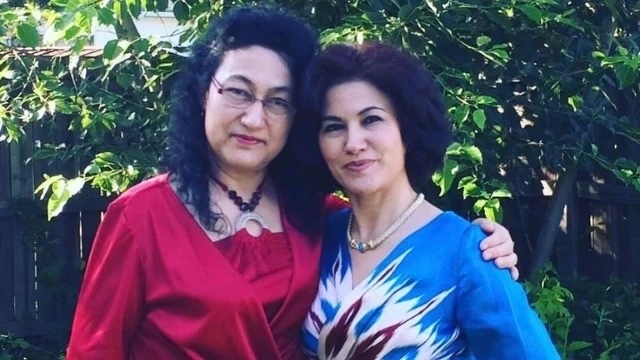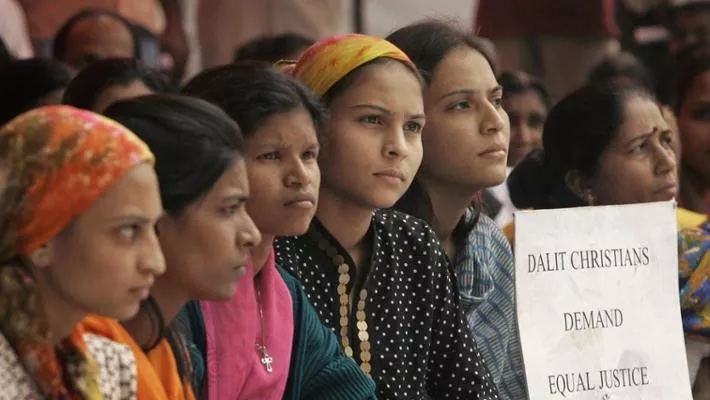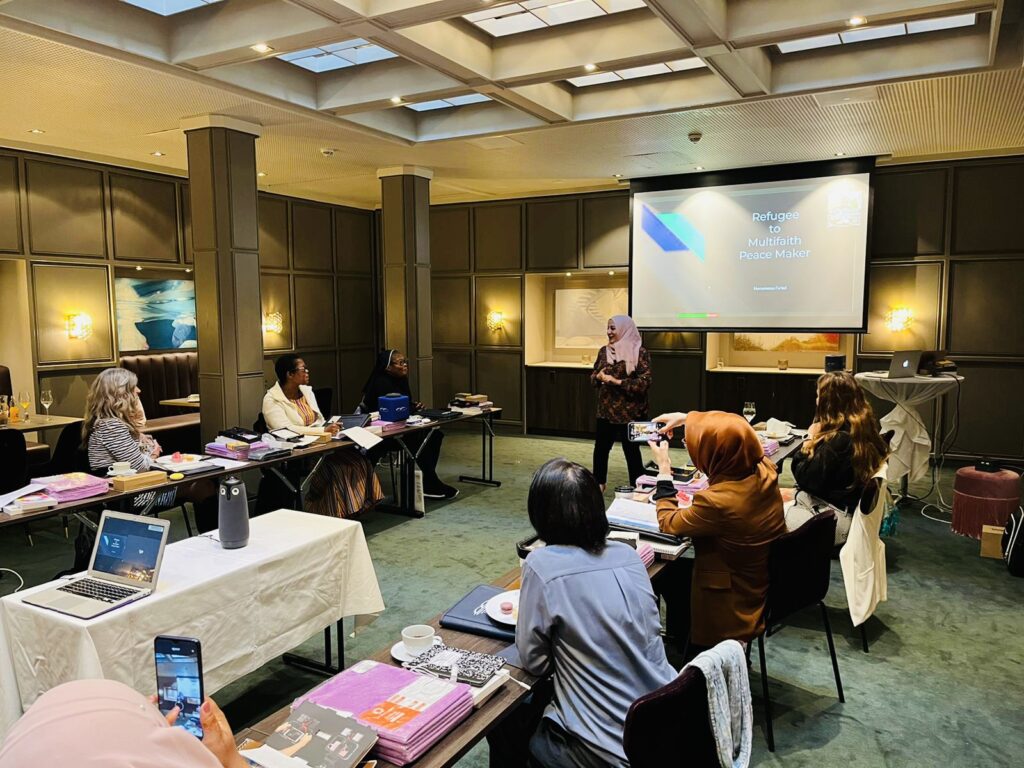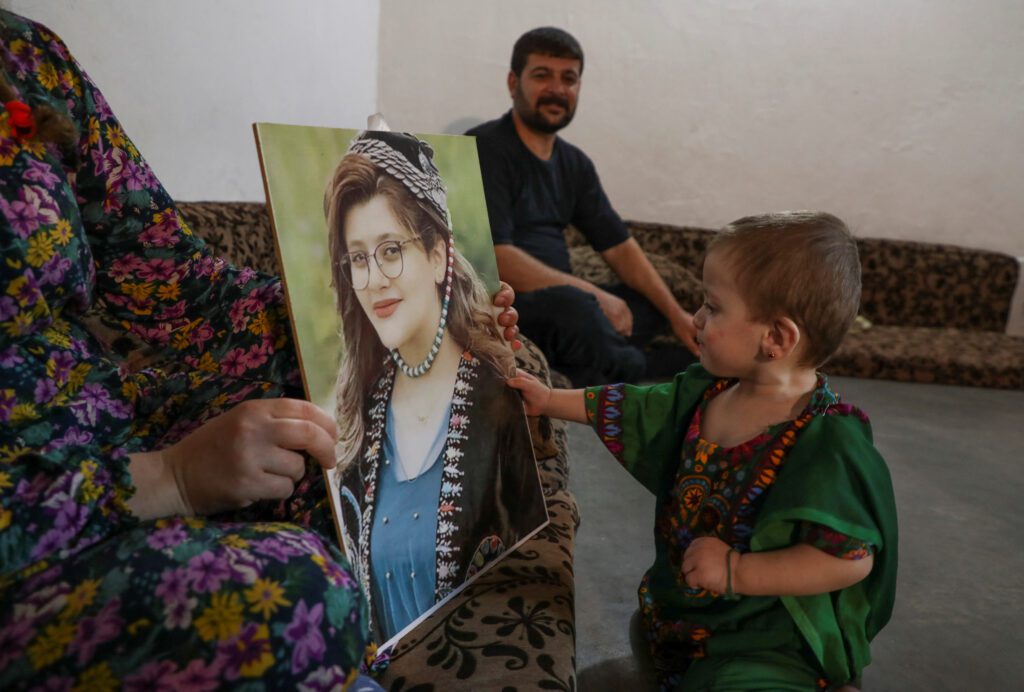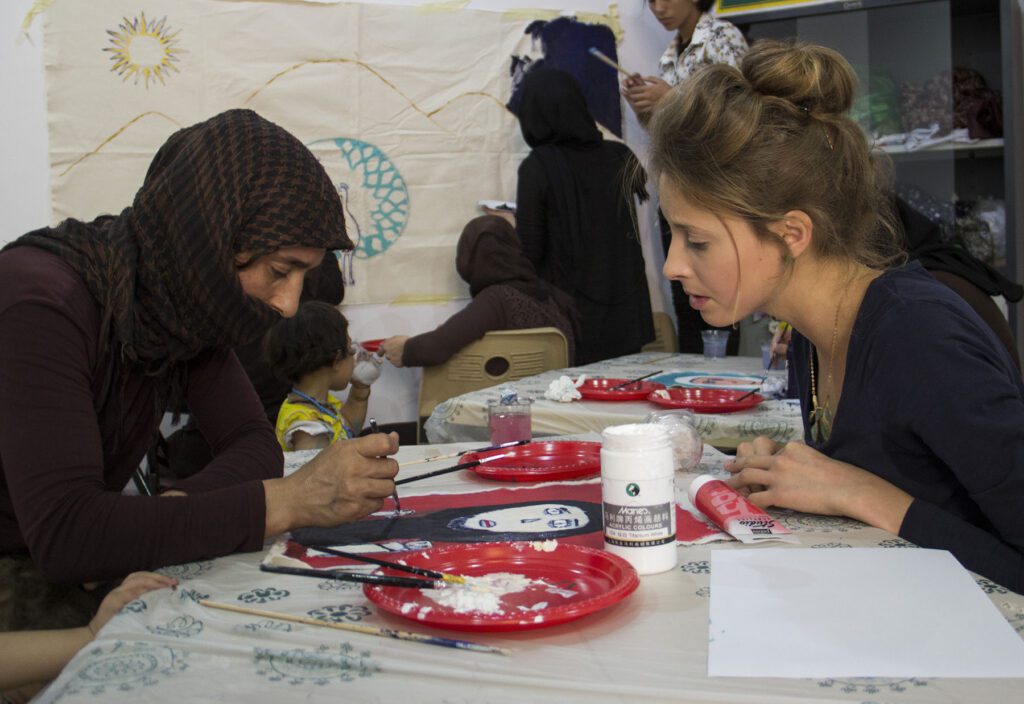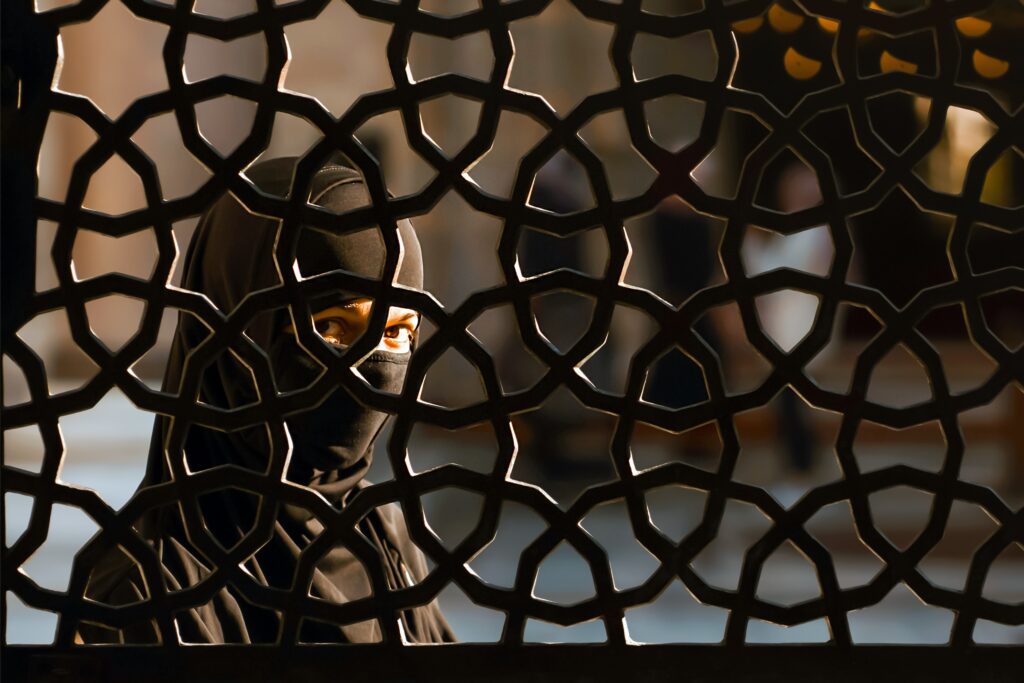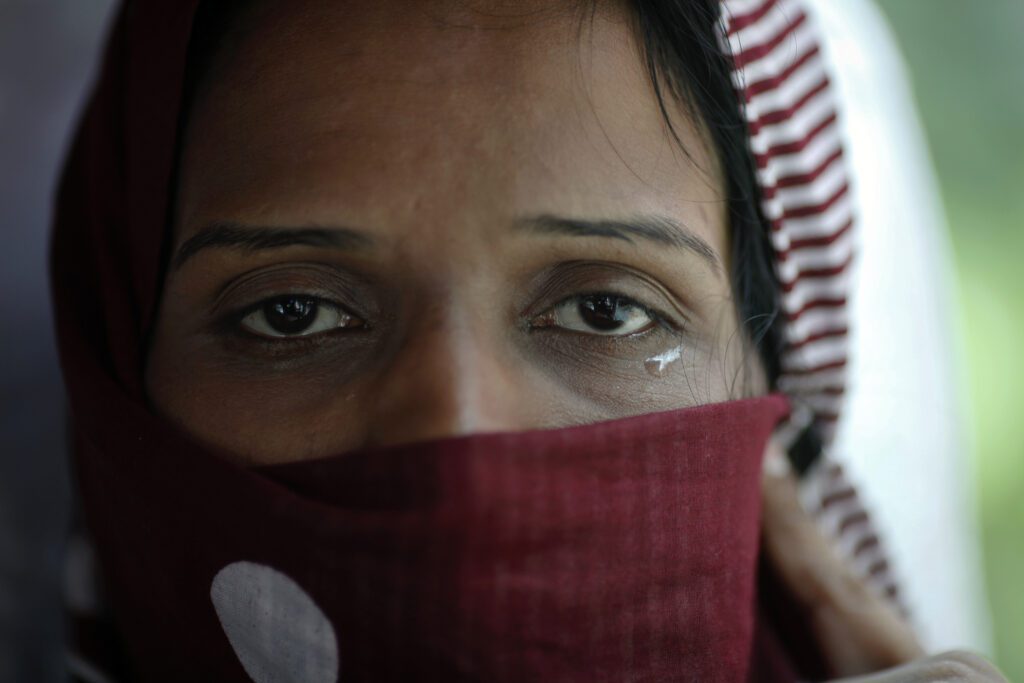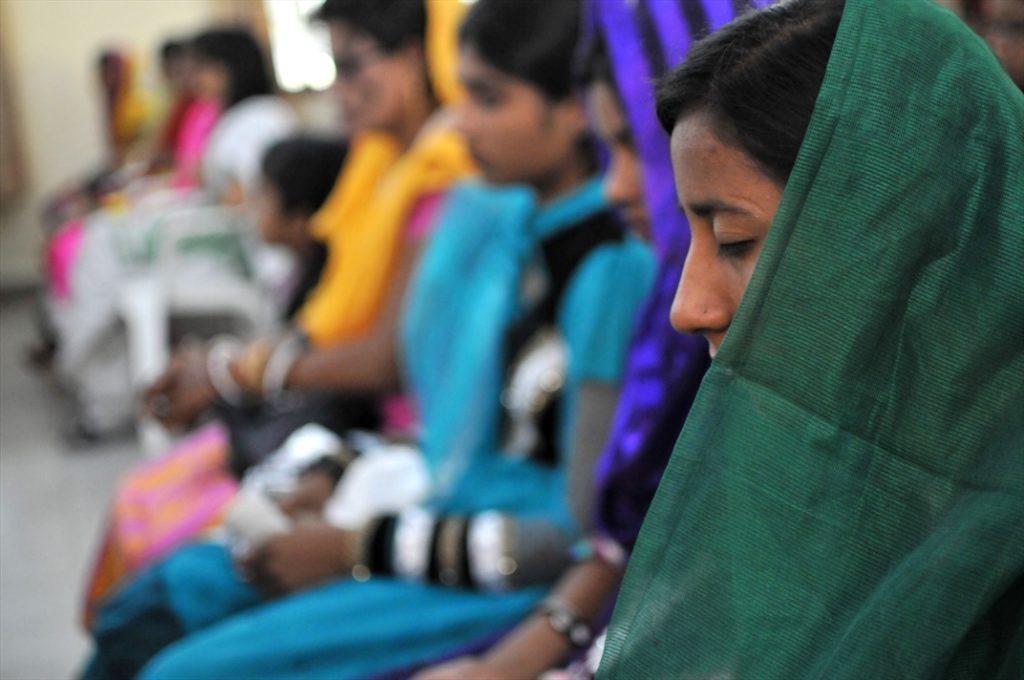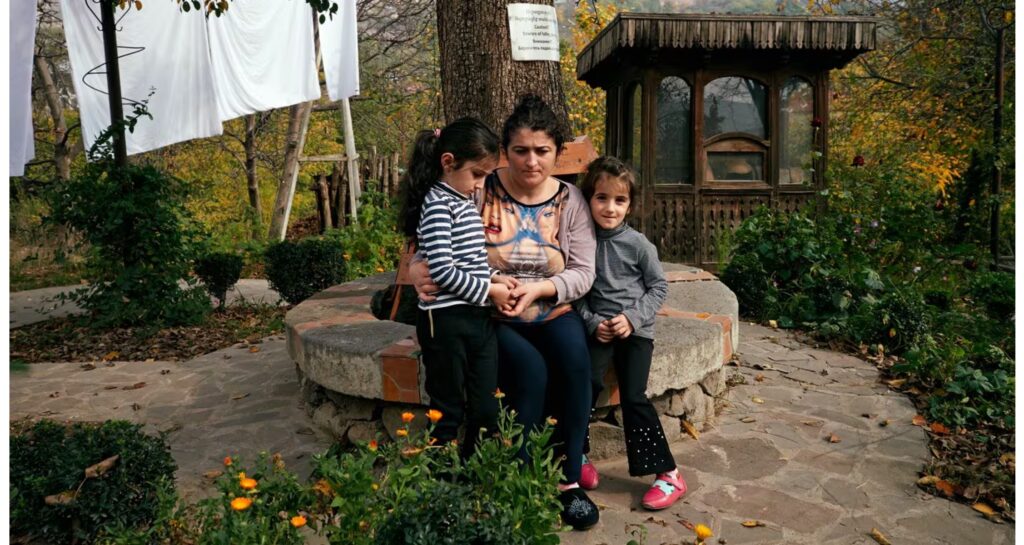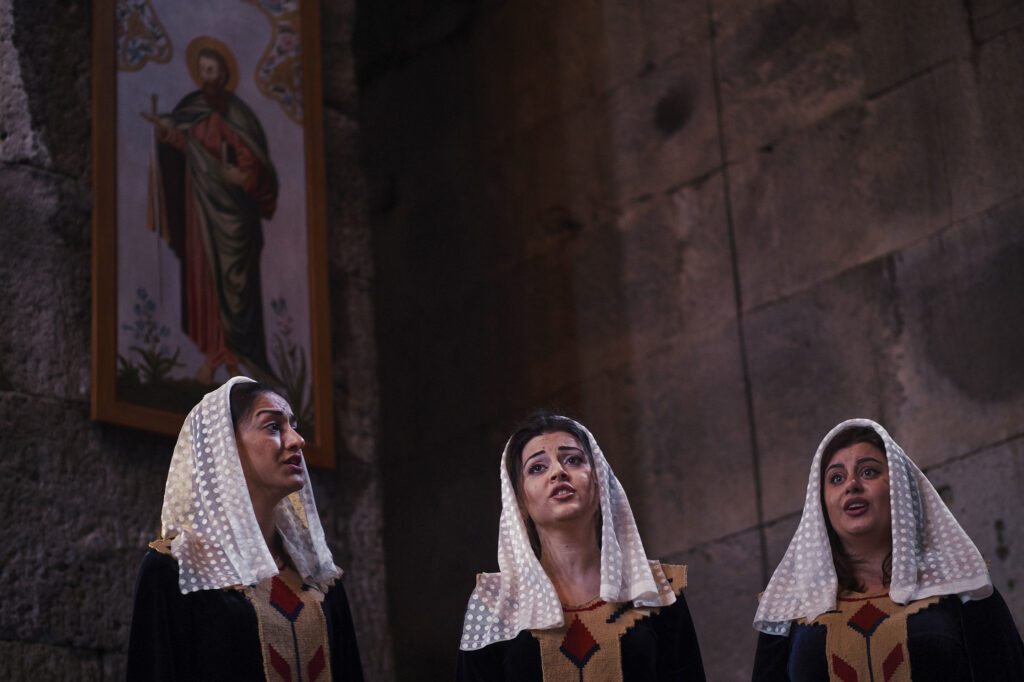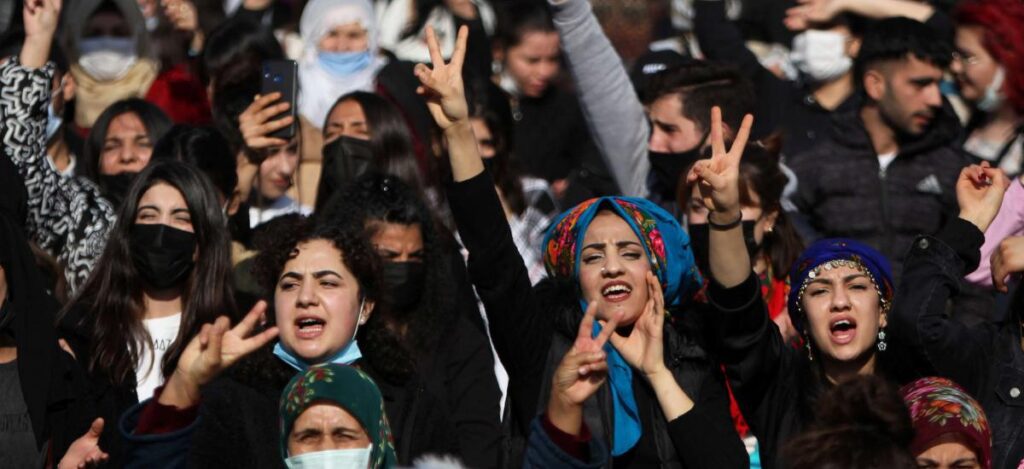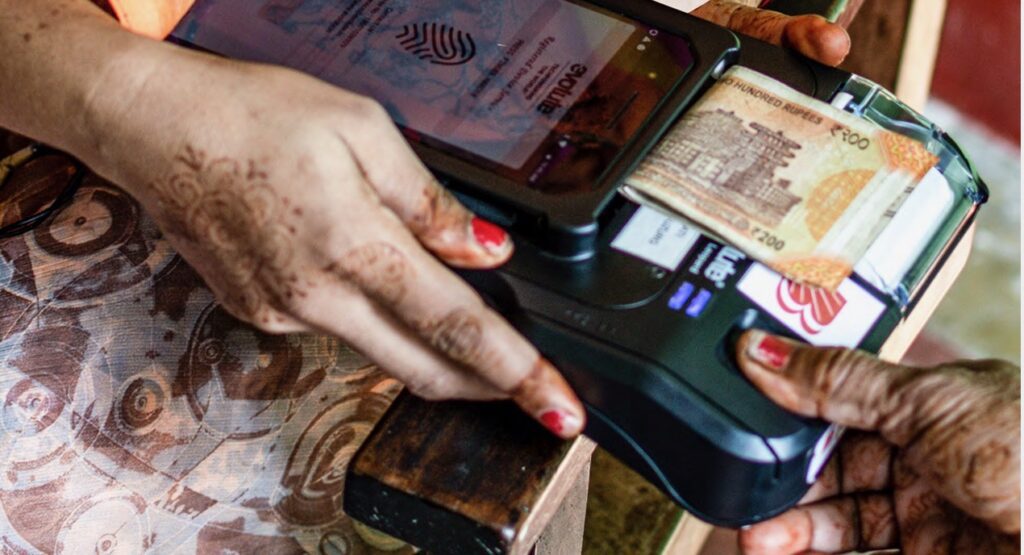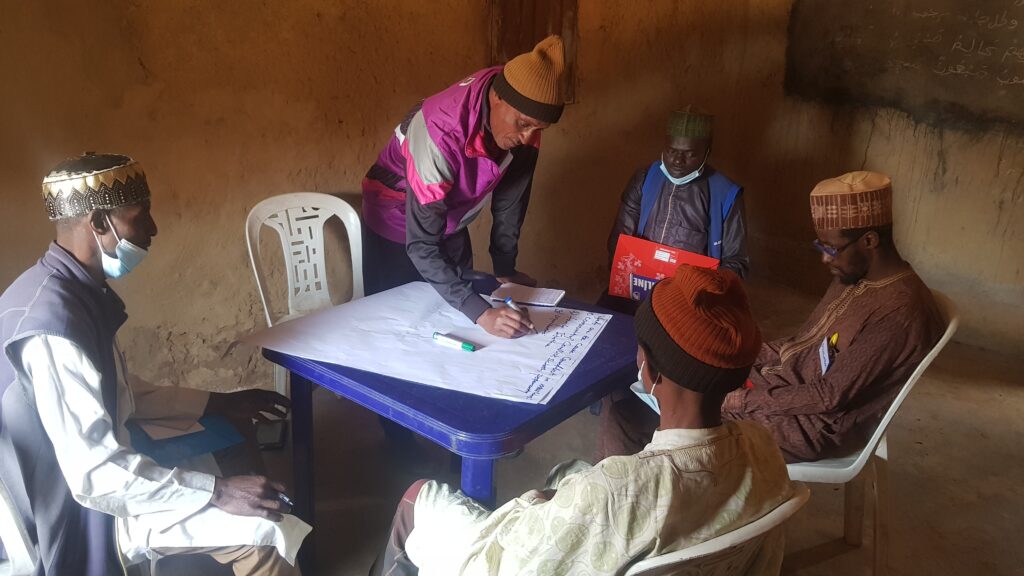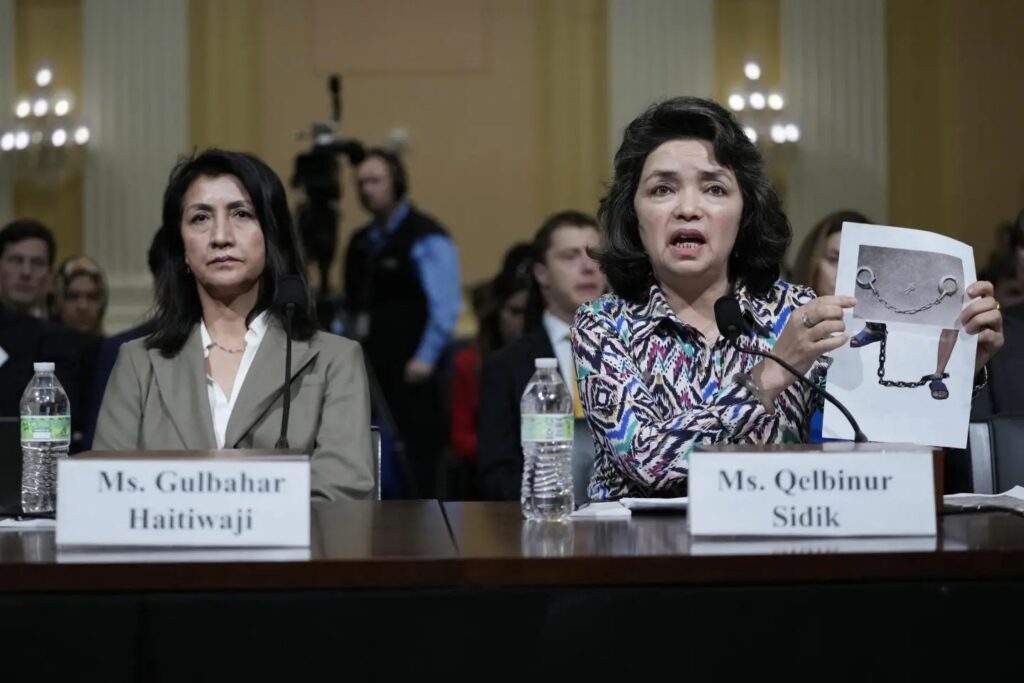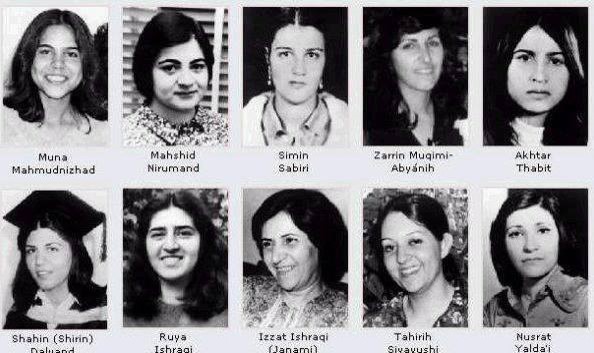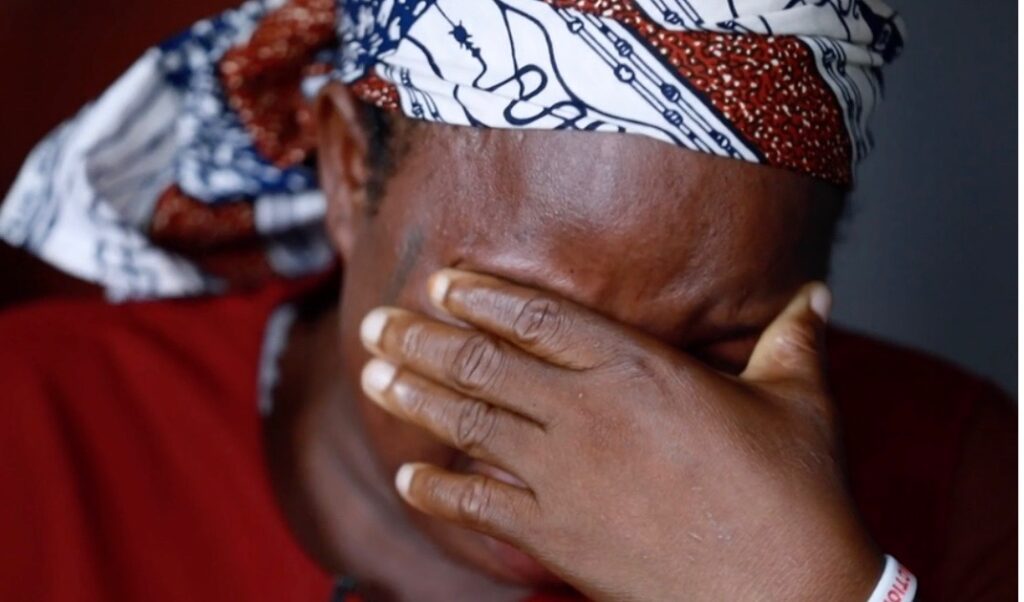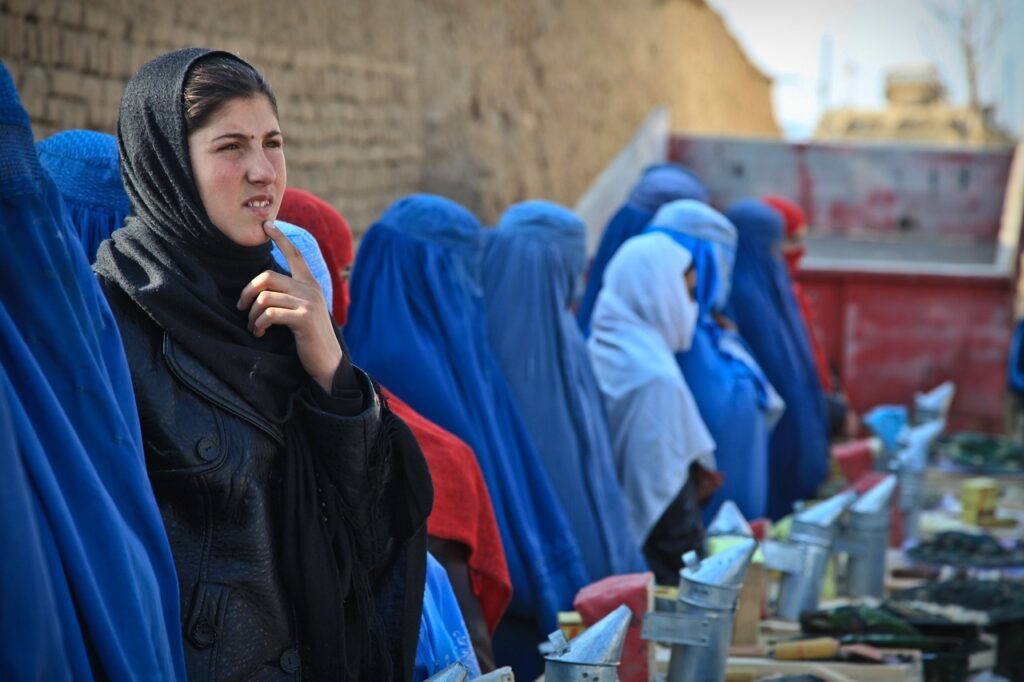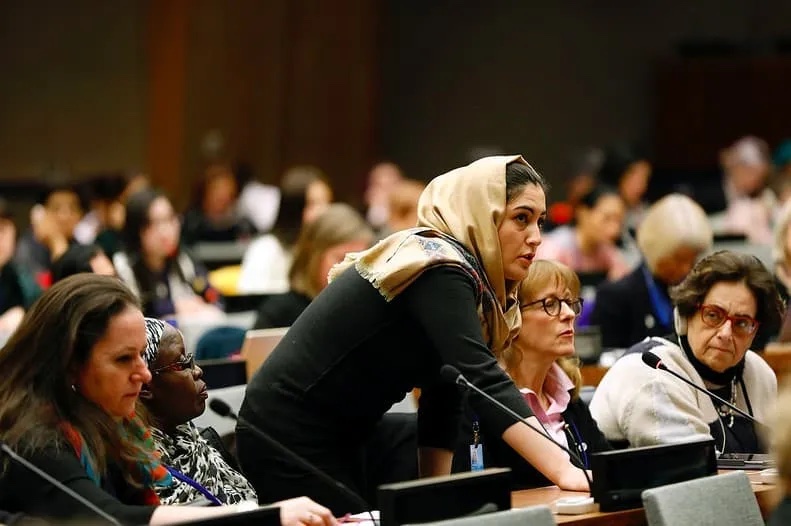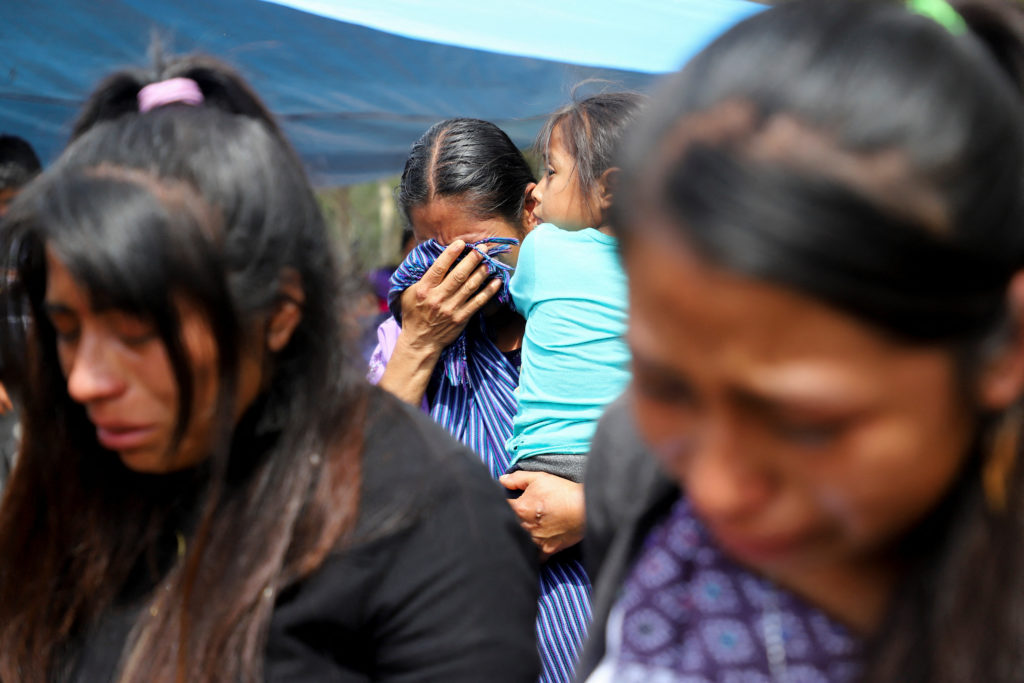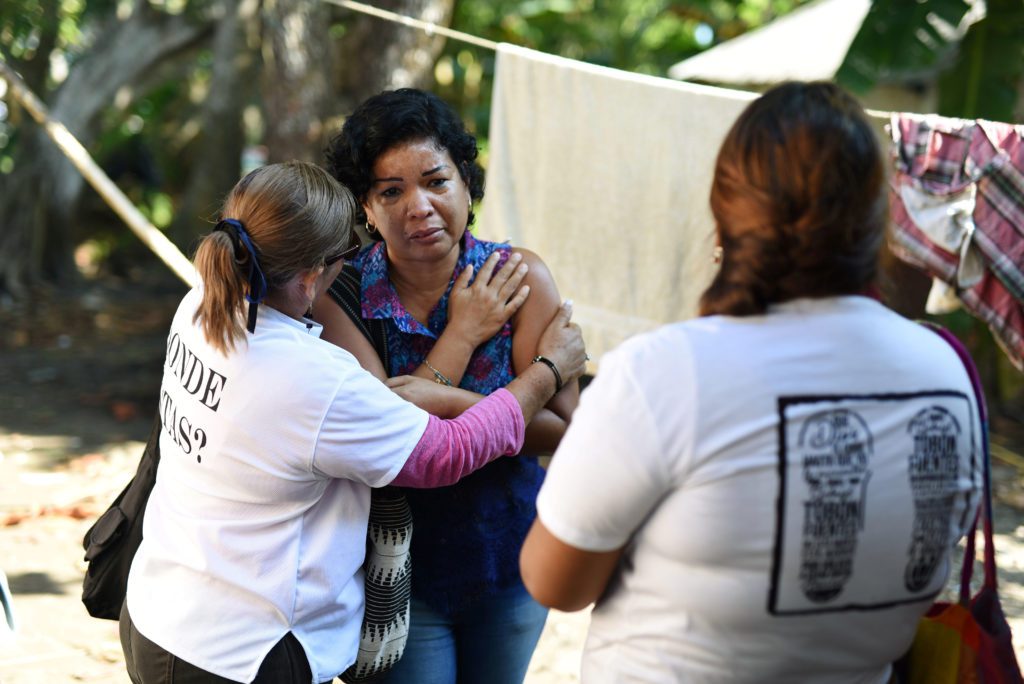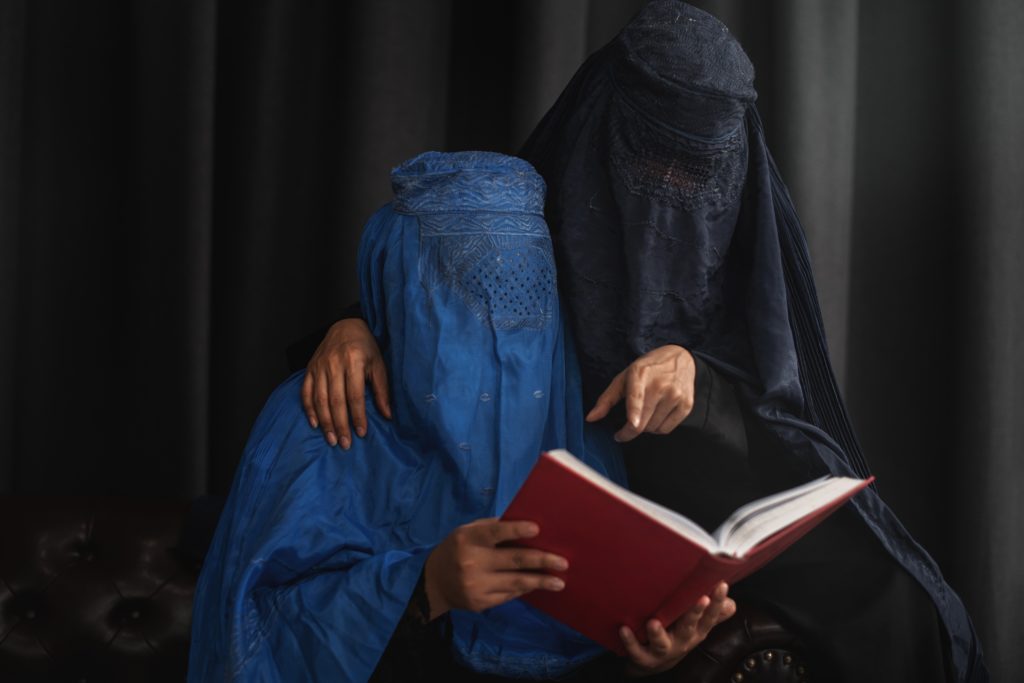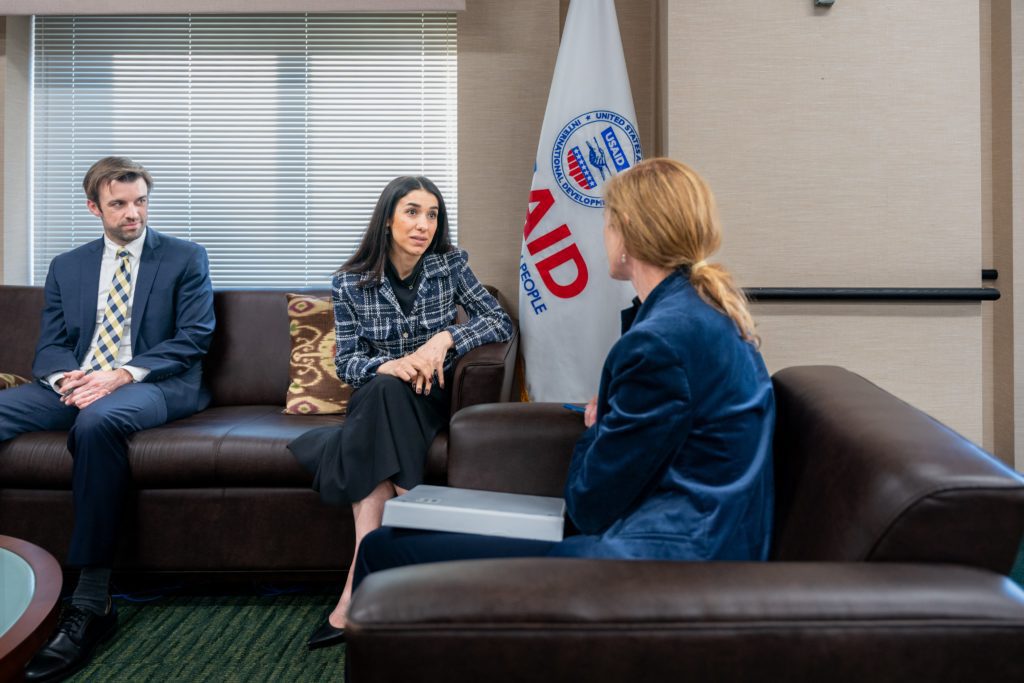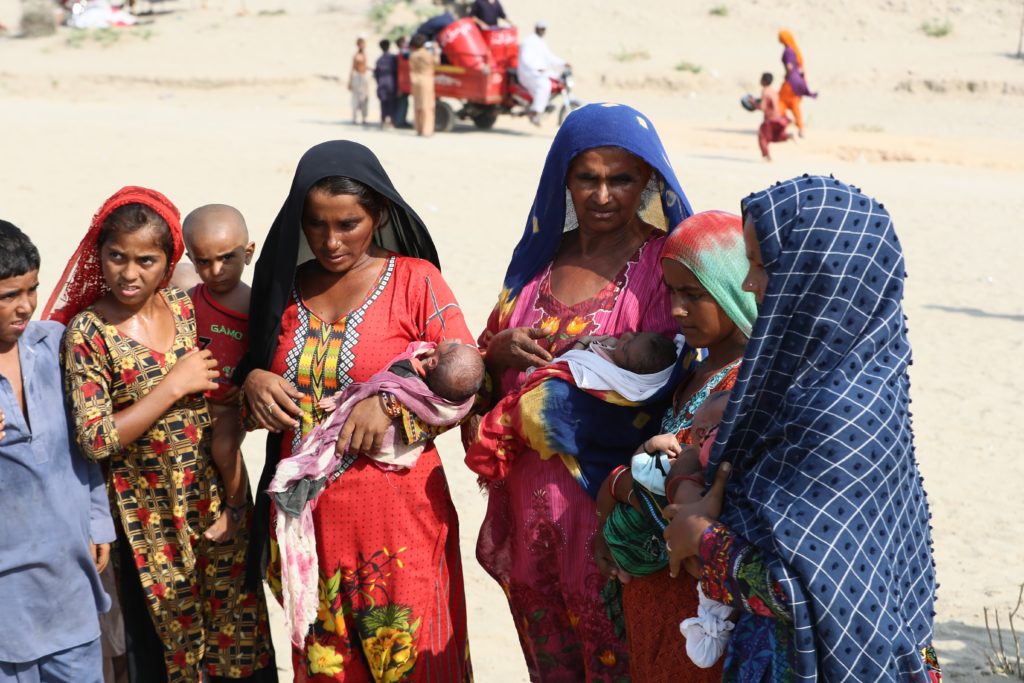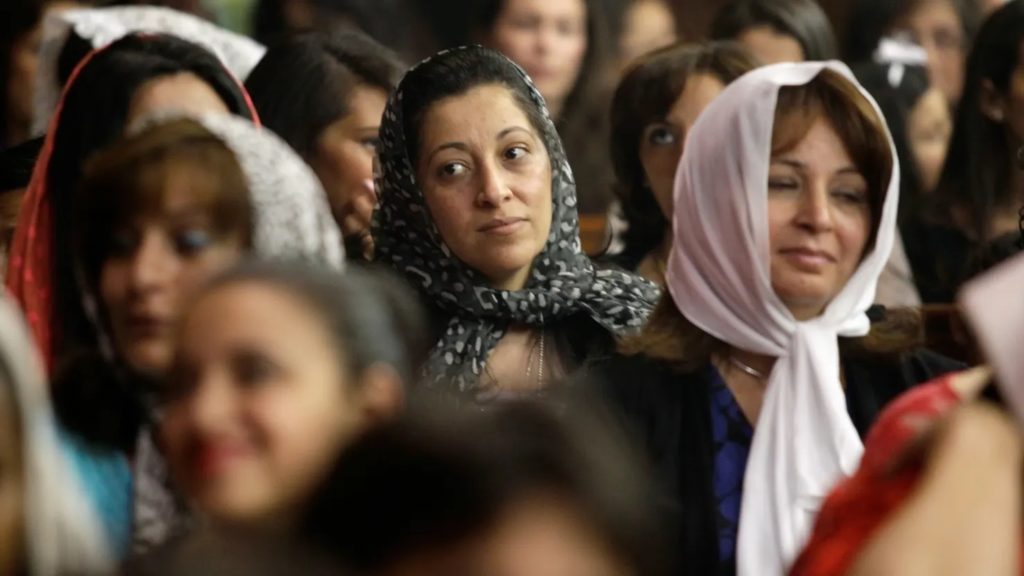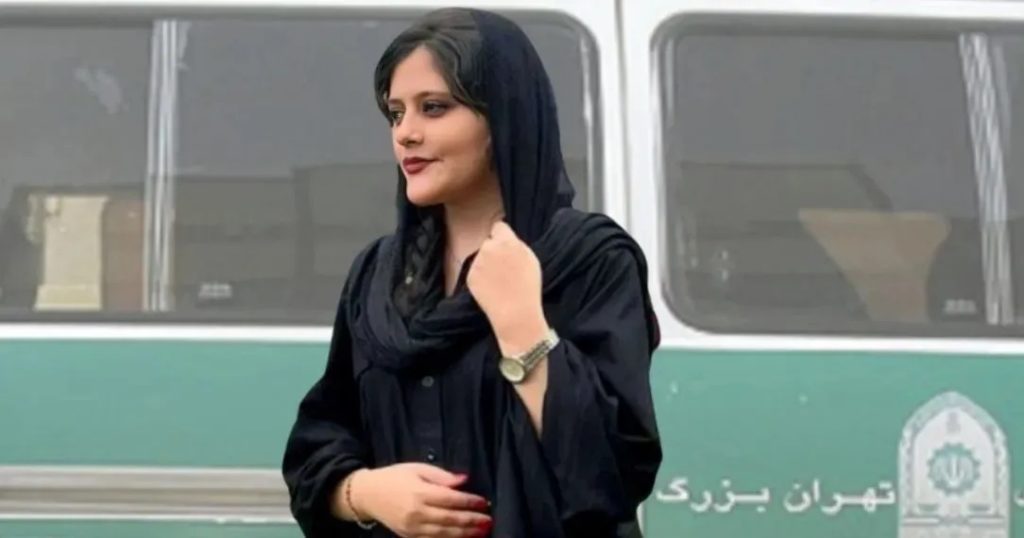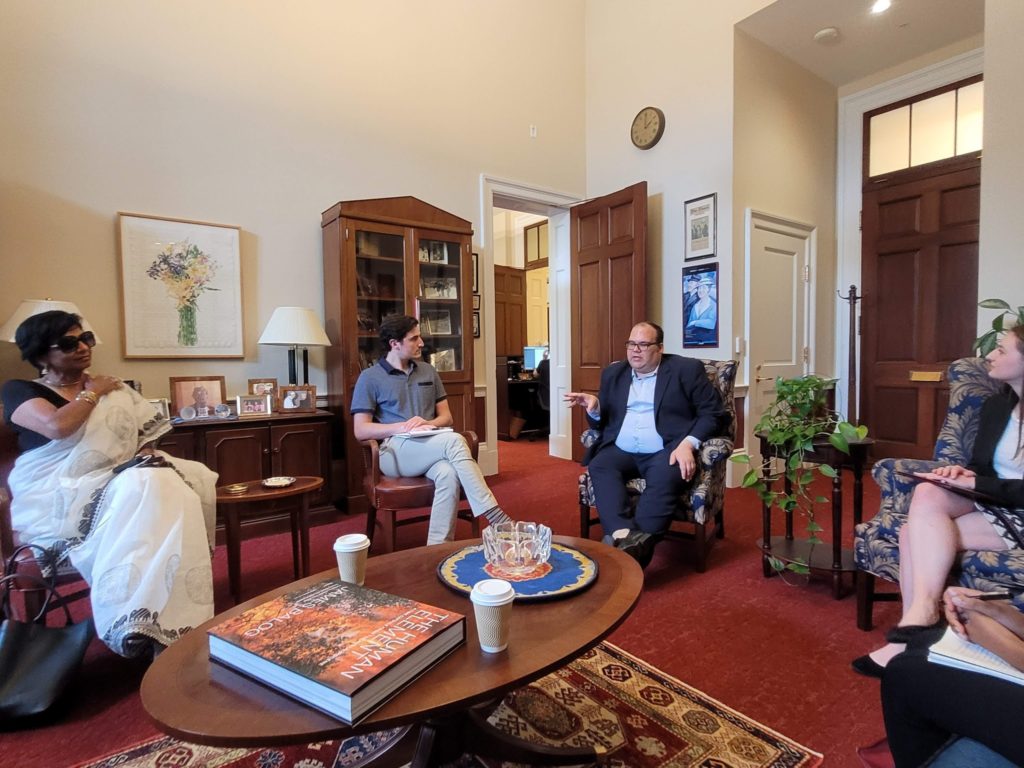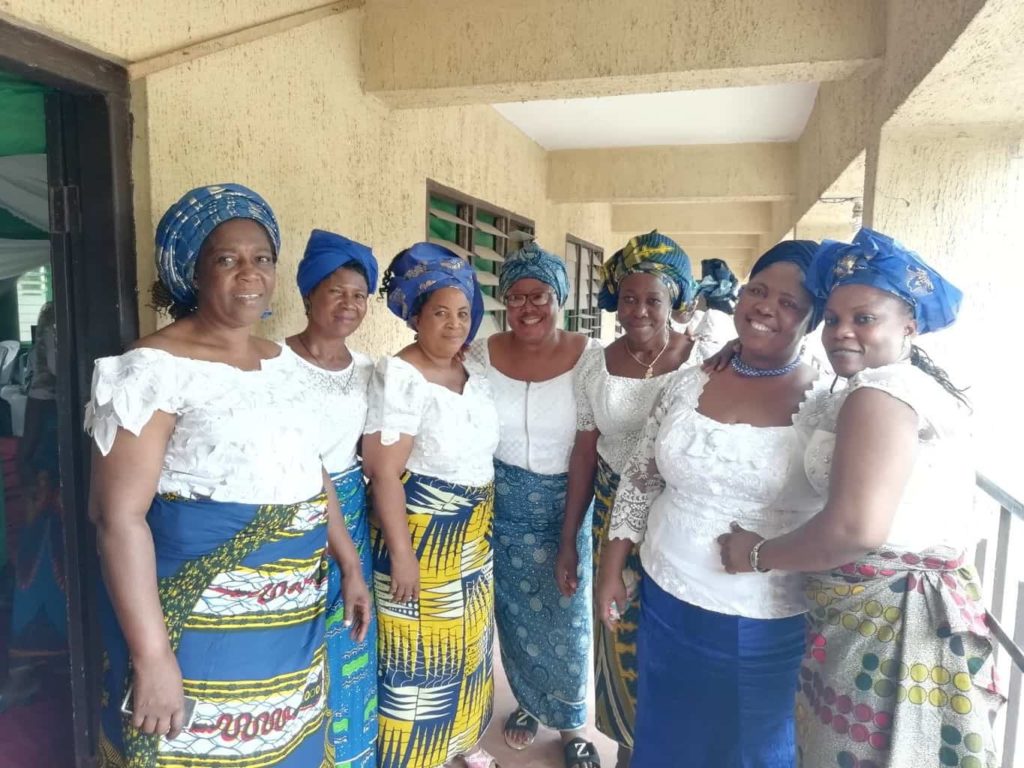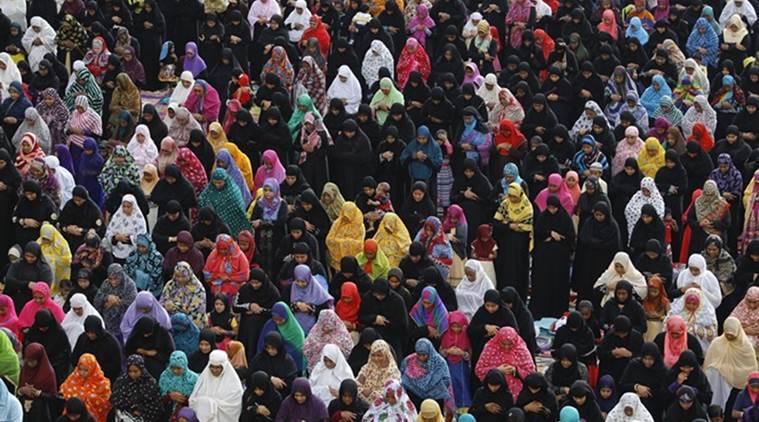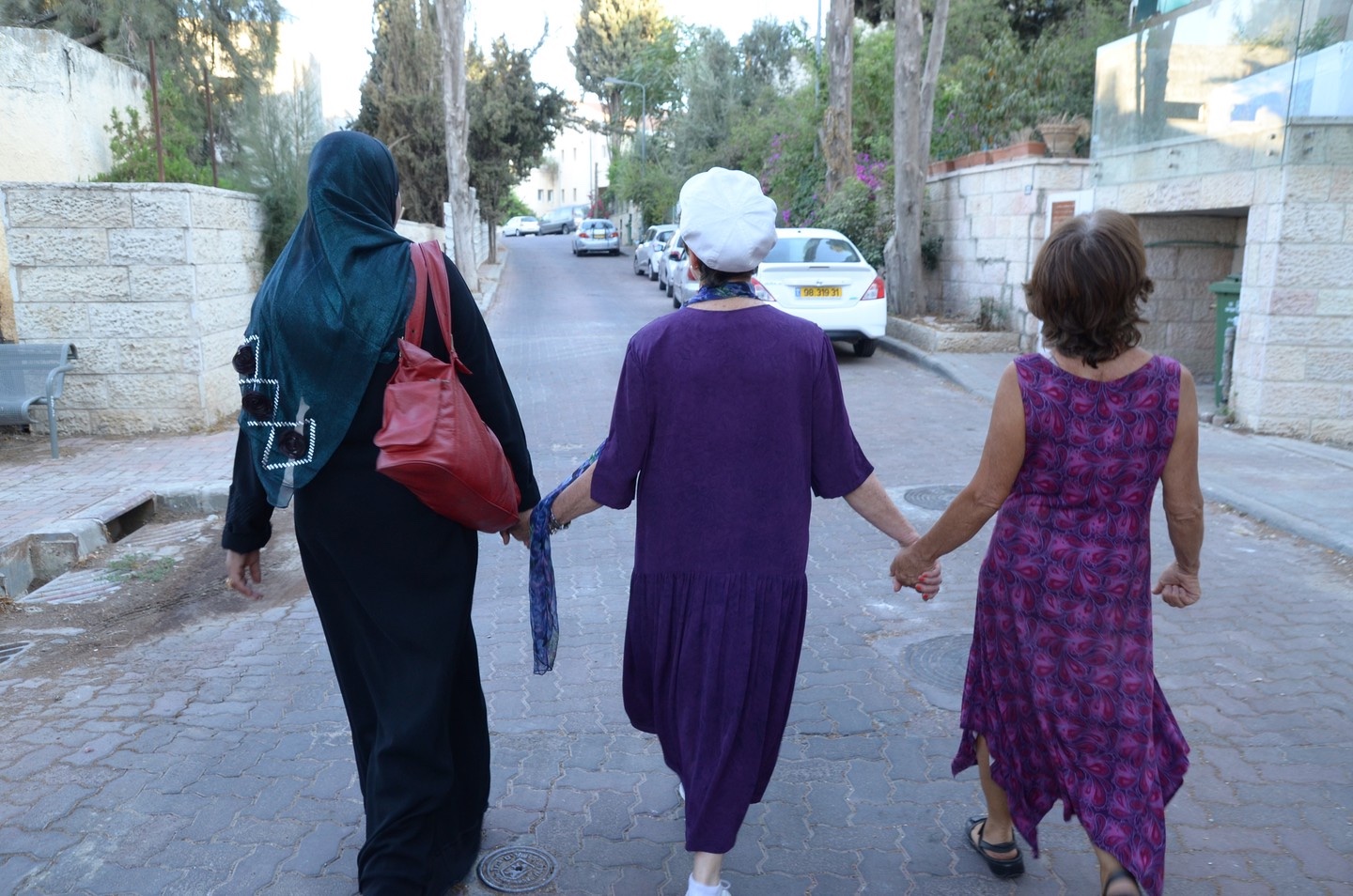Amidst a deteriorating economy, political uncertainty and regional challenges in Lebanon, I learned more about the status of women during a recent trip there: while the Lebanese government officially recognizes 18 religious groups, each of these groups has its own laws on “family matters.”[1] Lebanese citizens and legal residents are subject to these “personal status laws,” as they are the legal framework to which individuals are subjected for the duration of their lives. Lebanon has no “civil law” for matters pertaining to marriage, divorce, inheritance, education, and what they call “custody, guardianship, and trusteeship.” And who oversees the legal frameworks over these critical milestones that particularly impact women? Male religious leaders.
In Lebanon, the inequality between men and women of all religious groups is legal and lasting. In fact, Lebanese authorities supported the different status laws of the 18 officially recognized religious groups to satisfy the country’s “historically recognized religious sects.” However, they ignored the fact that not everyone belongs, or wants to belong, to one of these sects. Furthermore, women are considered as dependents, unable to oversee themselves, as all the personal status laws contemplate who is the custodian of every female, no matter her age.
While in Lebanon these “temporary marriages” provide the excuse to have sex without obligations, their impact is even more severe when combined with the consequences of Lebanon’s 18 different personal status law, under which women are evaluated according to their virginity. In other Muslim-majority countries in North Africa, “temporary marriages” are a legal form of prostitution. In Iran, there is even a government office to register the “temporary marriage” and keep count of the “marriage’s” duration to know when the woman would be available again.
Islamic State terrorists have been inflicting these “temporary marriages” on the women and girls they abducted among the Yezidi, Christians, and others they have terrorized, as have Boko Haram in Nigeria on the girls they have kidnapped. Serial rape is a more appropriate term in these instances, as it is for women from religious minority communities including in Pakistan, India, Myanmar and elsewhere, where women face “forced marriages.” Such marriages are a genocidal form of abuse, and include the crimes of abduction, rape, sexual enslavement and forced conversion of principally minority Hindu and Christians (often underage) girls. These crimes, that take place under the pretext of religious dicta, can lead to the disappearance after a few decades of a minority religious community by preventing the normal reproductive growth of that community. This is an “act of genocide” as described in the UN Convention for the Prevention and Punishment of Genocide[3]
The State and religious leaders should not have the power to dictate if and when a woman should marry and the conditions of that marriage. Given the dire consequences for women, temporary and any form of so-called “forced marriages” violate women’s freedom of conscience and should be neither sanctioned nor allowed to stand.
[1] The 18 officially recognized religious groups are: five Muslim groups (Shia, Sunni, Druze, Alawite, and Ismaili), 12 Christian groups (Maronite, Greek Orthodox, Greek Catholic, Armenian Catholic, Armenian Orthodox, Syriac Orthodox, Syriac Catholic, Assyrian, Chaldean, Copt, evangelical Protestant, and Roman Catholic), and Jews. Religious groups not recognized by the government include Baha’is, Buddhists, Hindus, several Protestant groups, and the Church of Jesus Christ.
[2] U.S. Department of State International Religions Freedom Report—Lebanon Chapter, https://www.state.gov/reports/2022-report-on-international-religious-freedom/lebanon/
3[3] “Convention on the Prevention and Punishment of the Crime of Genocide,” Article II, d. United Nations General Assembly, 9th December 1948. https://www.un.org/en/genocideprevention/documents/atrocity-crimes/Doc.1_Convention%20on%20the%20Prevention%20and%20Punishment%20of%20the%20Crime%20of%20Genocide.pdf
Marcela Szymanski has been the Editor of the report “Religious Freedom in the World” for the pontifical foundation Aid to the Church in Need since 2015. She is particularly focused on research about women’s life within social religious structures.
Disclaimer: The views and opinions expressed in this article are those of the author and do not necessarily reflect the official policy or position of FoRB Women’s Alliance.
